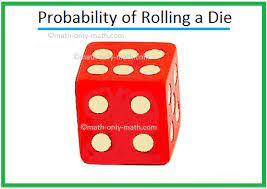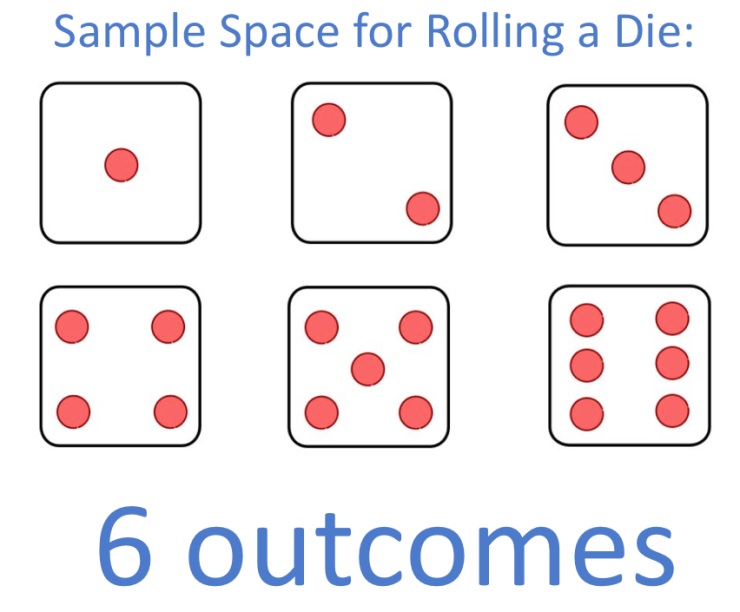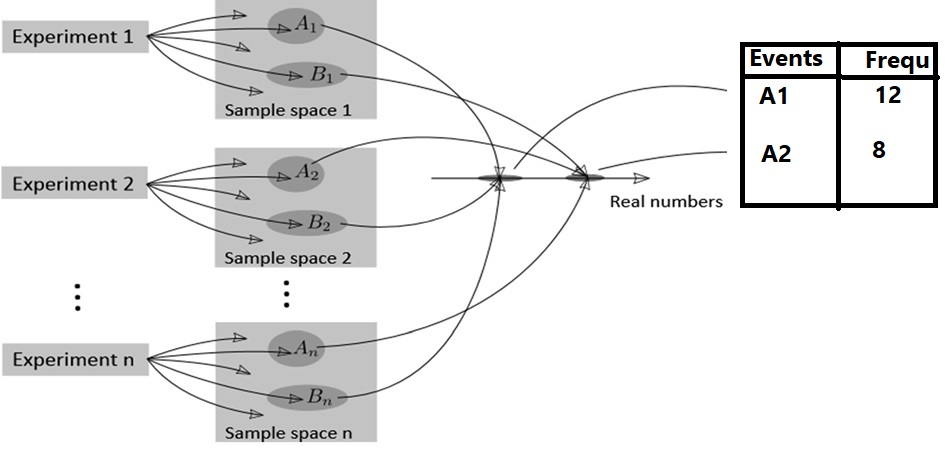Simulation and Modelling > Introduction to probability and it's distribution > What are the types of probability?
Types of Probability:
There are four types of probability calculation rules:
Classical: The classical or theoretical perspective on probability is that in an experiment where there are X equally likely outcomes, and event Y has exactly Z of these outcomes, then the probability of Y is Z/X, or P(Y) = Z/X. Example: When rolling a fair die, there are six possible outcomes that are equally likely, we can say there is a 1/6 probability of rolling each number.
 |
 |
 |
Empirical: Empirical or experimental perspective on probability calculates probability through thought experiments. Suppose we conduct an experiment several times then summerise the events occurances in a frequency table then percentages is call probability of that event. This imperical rule of probability wich is calculated from an experiment.

Subjective
Subjective probability considers an individual's own belief about an event occurring. For example, the probability of a particular team winning a football match on a fan's opinion is more dependent upon their own belief and feeling and not on a formal mathematical calculation.
Axiomatic
In axiomatic probability, a set of rules or axioms by Kolmogorov are applied to all the types. The chances of occurrence or non-occurrence of any event can be quantified by the applications of these axioms, given as,
- The smallest possible probability is zero, and the largest is one.
- An event that is certain has a probability equal to one.
- Any two mutually exclusive events cannot occur simultaneously, while the union of events says only one of them can occur.
What is Random Variable?
No More
Feedback
ABOUT
Statlearner
Statlearner STUDY
Statlearner